Faculty News
Remembering John Dyson
.jpg)
John P. Dyson
By 1966, one year after John P. Dyson arrived at Indiana University from the University of Kansas (PhD 1965) (and via Santiago, Chile, where he researched and wrote his doctoral thesis), he had built from whole cloth the undergraduate and graduate programs in Portuguese. John Dowling, chair of the department at the time, invited John to create the program, and he took on that task, as he did other seemly impossible assignments, with gusto and verve. Not content to create courses that covered language, culture and all genres and centuries of literature in Portuguese, he organized a lecture series with Brazilian scholars and writers Wilson Martins, Massaud Moisés and Maria José de Queiroz. John had studied Portuguese as his second area of specialization at Kansas and remained a stalwart supporter of the program throughout his career. He built the program two years prior to the arrival of Heitor Martins, who was hired from Tulane University as a full professor to assume the program's leadership. Heitor's arrival freed up John for his teaching and research in Spanish and other major departmental tasks. According to John's long-time friend Kathy Sideli, Associate Vice President of Overseas Study, those tasks included a two-week journey through South America with Walter Nugent, then head of the Overseas Study office, to investigate possibilities for student exchange programs. That trip took them to capital cities throughout the continent, including Porto Alegre and São Paulo in Brazil. Not long afterward, the Universidade de São Paulo became the chosen site for a long and successful IU student exchange.
John was a Latin Americanist in the fullest sense and he wrote a dissertation in 1965 on the history of Chilean literary criticism—a forward-looking topic that was unique for its time and published as a book. He had fond memories of his time in Santiago and was present at the beginning of the literary boom that put several Latin American writers on the international map. As some readers may know, in addition to teaching and researching Latin American literature, John was involved in many outside projects: a functioning farm, a foreign language bookstore, the journal The American Hispanist, which he founded, the Twayne World Authors Series in Spanish and Portuguese, which he edited for several years, and then a BBQ restaurant. I know I have left out probably a half-dozen other ventures. He was also very involved with the local school board in Bloomington for a time.
John wrote some beautiful essays on the Argentine writer Jorge Luis Borges, whose fiction he greatly admired. His last article on Latin American literature, written not long before his retirement in 2003-4, was about "Hard-Boiled Borges," and appeared in the prestigious journal Comparative Literature. Despite a superior knowledge of his chosen field and a crystal clear and fluid writing style, (and beautiful penmanship), there was something missing for him as a member of our department. I decided to try to fix that in 1995, when as chair-elect, I asked John to serve as the Director of Graduate Studies, an enormous job because the program was a bit in disarray and there were over 100 graduate student/associate instructors at the time. John was the perfect fit: extremely smart with an amazing institutional memory, he had a firm and extensive knowledge of the graduate program and curriculum. Perhaps as important as all that was John's renowned sense of humor. The graduate students liked and respected John. He had some of the department's most talented students in his classes.
Upon learning of his death, several of his former students wrote to me. Paul Chandler, department chair at the University of Hawaii, wrote: "I truly enjoyed his courses on Spanish American theater and the short story. I remember a few times when someone came rushing into class at the last second, he would remark: 'A gente vai perder o bonde!' I never did ask him if there was more than one interpretation for that." Joy Logan, Paul's colleague at Hawaii, praised John's teaching acumen: "My favorite classes, and I think the very best and most enjoyable that I had at IU, were two summer classes that I took with John: The Short Stories of Borges and Cortázar, and The Early Twentieth-Century Latin American Novel. Both classes required an extensive amount of reading in a short amount of time--not exactly the respite that beleaguered graduate students, after two heavy semesters of course work and teaching, hope to find in their summer break. But it didn't seem like work at all. I loved every minute of it because going to class each day was an absolute pleasure. I was always so impressed with the breadth and depth of John's knowledge, his ability to make complex concepts seem so easy to follow, his pithy expressions, and his dry sense of humor. I hope that in some minimal way I have been able to transmit to my own students that same sense of intellectual enthusiasm and curiosity, of engagement with and enjoyment of Latin American texts that John inspired in us. He was a gifted teacher and scholar and I count myself lucky to have known him and to have studied with him. Those Bloomington summers from "Tlön, Uqbar, Orbis Tertius" to Doña Bárbara, have, without a doubt, marked my own approach to teaching and certainly remain some of my fondest memories of IU."
Alejandro Bernal, who is now retired from the University of South Carolina, also wrote about John's teaching: "He was an excellent professor of Spanish American literature. He projected his love for the subjects he taught and made the students react in a positive way, establishing with us a real dialogue." Steve Dupouy, who taught in Atlanta before retirement, also wrote about John's Latin American novel course: "I was impressed not only by his depth of knowledge but also by the enthusiasm he brought to the class. Later, when he agreed to direct my dissertation, he offered me assistance with criticism that was relevant to my study of the novelist Manuel Puig. Not only did he share his joy of the novels and criticism, but he also brought a sense of humor to the class that created a camaraderie that is seldom seen in a graduate/undergraduate class. I shall always remember his quick wit and his ongoing support and understanding. My memories of my time at IU are among the highlights of my life and my interactions with Professor Dyson are among the best of these."
Marcia Stephenson, a professor at Purdue University, echoes her former classmates' sentiments about John's intellect and teaching skills. She also has memories of John's restaurant—as did others. Marcia wrote: "When I was a student, he opened a BBQ place. I remember working for him one summer with Steve Dupouy and Joy Logan. We spent the day making BBQ sandwiches and piling them up to be taken over to the Taste of Bloomington. We had a lot of fun, but it was a long time before I could eat BBQ again." Irma Alarcón, a professor at Wake Forest University, wrote: "Dr. Dyson was an inspiring scholar and professor, with encyclopedic knowledge. And he was a real gentleman. His Spanish was impressively perfect and beautiful! And I loved listening to him delivering his lectures. I fully enjoyed taking his two literature courses. I still have hanging on my office wall, the Chilean flag he gave me when I graduated from IU in 2005. It was his."
John had long had an interest in Native American languages and cultures. In 2006, shortly after his retirement, he received the Chickasaw Nation's Heritage Preservation Award for his article on traditional village names in the original Mississippi homeland before the tribes' removal to Oklahoma in the 1830s. The following year, he was invited by the director of the tribal Division of History and Culture to join the Department of Chickasaw Language. John took off for Ada, Oklahoma, where he began a new and exciting academic career with the Chickasaw community. He flourished in his so-called retirement; he retained a home here in Bloomington, but bought a little house in Ada that, in many ways, was also his home. There he made close friends within the tribe. In his new position, he prepared instructional materials and taught both adult education classes and a sequence of courses in Beginning Chickasaw under the auspices of the Native American Studies Program at East Central University. He was invited to speak at conferences about his research, which became the basis for his groundbreaking book, The Chickasaw Homeland (2014). In 2013, he returned fulltime to Bloomington, but continued to serve into 2019 as a consultant and researcher under contract to the tribe's publishing arm, the Chickasaw Press.
Darlene J. Sadlier
Professor Emerita
Colleagues Pay Homage to Professor Maryellen Bieder
At the annual convention of the Modern Language Association in Montreal this past January, a panel was held in honor of recently deceased Professor Maryellen Bieder. It was titled "At the Crossroads of History and Iberian Feminist Thought: In Memory of Maryellen Bieder (1942-2019)." Panelists included colleagues and friends of Professor Bieder, and their talks honored her lifelong intellectual pursuits by investigating themes related to the emergence of modern feminist movements in the Iberian Peninsula. The panel, attended as well by some of Professor Bieder's past students, was an excellent tribute to her life and work, and gave those of us who had the pleasure of knowing her as a friend, colleague, mentor, and professor the chance to share memories and pay tribute to her work as a scholar.
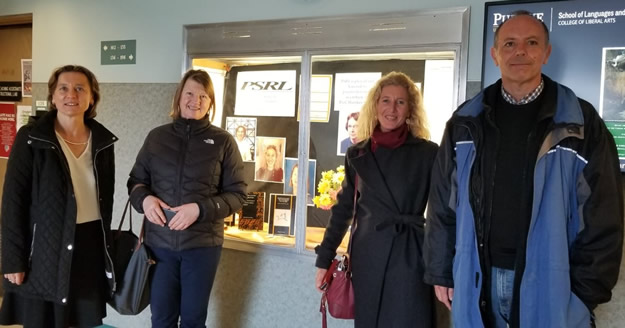
Professors Heneghan, Versteeg, Pereira-Muro, and Sánchez-Llama at the PRSL event.
In April, Professor Iñigo Sánchez-Llama, editor of Purdue Studies in Romance Literatures (PSRL), organized a special event to remember and honor Professor Bieder, who served for many years as evaluator of the monographs on Modern Spanish Literature published by PSRL. The event recognized the extensive and outstanding scholarly contributions of Professor Bieder as well as her pioneer approaches to gender representations in modern and contemporary Spanish literature produced since the early 1980s. Professors Dorota Heneghan (Louisiana State University), Carmen Pereira-Muro (Texas Tech University), and Margot Versteeg (University of Kansas) participated in a panel in which they discussed recent feminist trends in Modern Spanish Literature. All of the participants acknowledged the inspiring example of Professor Bieder, whose generosity, availability, sense of humor and professionalism inspired generations of Hispanists on both sides of the Atlantic.
And finally, the Spanish scholarly journal, La Tribuna.Cadernos de Estudos da Casa-Museo Emilia Pardo Bazán, has requested contributions in honor of Professor Bieder, in recognition of her distinguished scholarship on Emilia Pardo Bazán.
Faculty: Books & Awards
Patricia Amaral was awarded a fellowship from IU's Institute for Advanced Study to work on her book manuscript Nouns over Time: Complex Constructions in the History of Spanish and Portuguese; she will be a fellow in residence at the IAS in spring 2020. She also was selected for the OVPIA Exchange with the University of Bologna, Italy, where she spent one month at the University of Bologna working with faculty from the Department of Classical and Italian Philology.
Melissa Dinverno received a US Fulbright Senior Scholar Award for Research to work in Spain during Fall 2019 on her book project Deconstructing Lorca: Identity, Culture and Nation in Contemporary Spain. During that time, she will also be a Visiting Scholar at the Universidad Complutense de Madrid. On February 18, 2019, she gave the inaugural plenary at the Museo Nacional Reina Sofía for the week-long conference "Federico García Lorca: 100 años en Madrid (1919-2019)", speaking on the Republican homage to Lorca in the 1937 International Exhibition in Paris and its contemporary traces at the Reina Sofía.
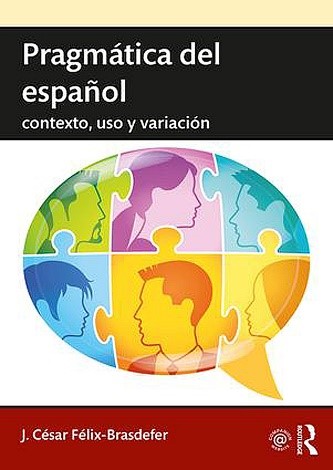
Felix-Brasdefer book
Cesár Félix Brasdefer published Pragmática del español: contexto, uso y variación (Routledge, 2019) and presented his new book at the UNAM-Chicago on March 11, 2019. The textbook, the first of its kind in the field, includes a companion website providing additional exercises, readings, and a corpus in pragmatics. He also delivered a plenary at the University of Padua, Italy (July 26, 2018), "Developing intercultural competence through interaction: Learning context, awareness, and assessment", in which he addressed aspects of the teaching and assessment of intercultural competence.
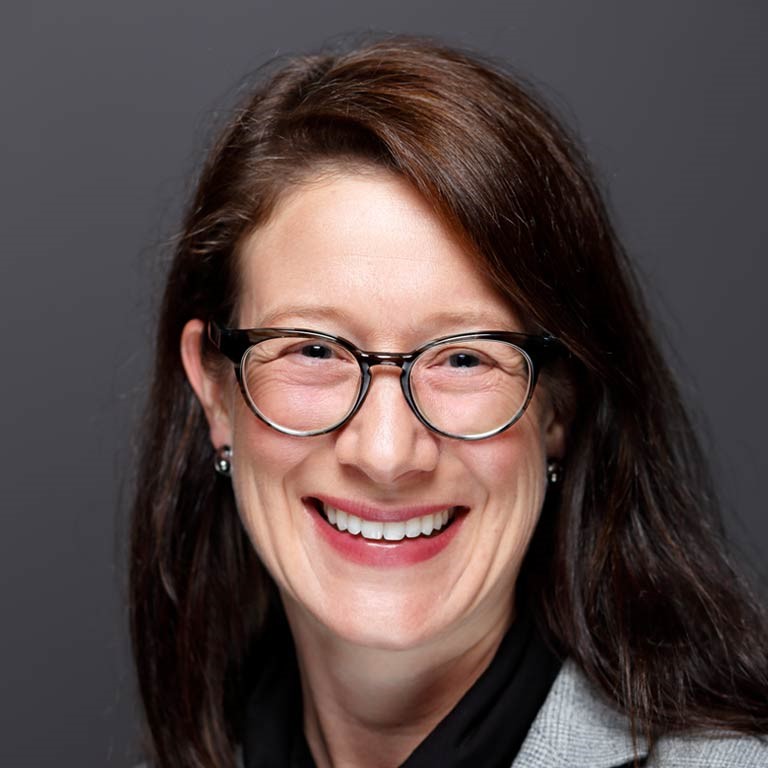
Kimberly Geeslin
Kimberly Geeslin was awarded the David and Cheryl Morley Career Distinguished Teaching Award by the College of Arts and Sciences. This prestigious award recognizes a career of distinguished service in the classroom and related pedagogical endeavors.
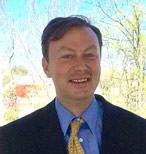
Ryan Giles
Ryan Giles was promoted to the rank of full professor.
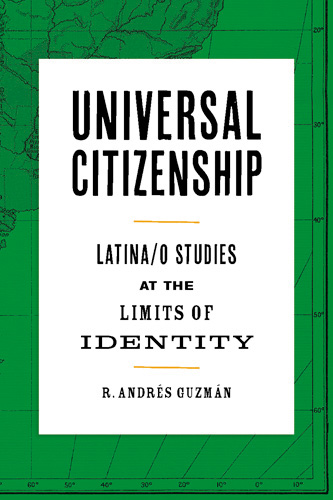
Andrés Guzmán published Universal Citizenship: Latina/o Studies at the Limits of Identity (U of Texas Press, 2019). He was granted tenure and promoted to the rank of associate professor, and also earned the IU Latino Faculty and Staff Council's Emerging Scholar Award.
Israel Herrera was selected as the 2018 American Association of Teachers of Spanish and Portuguese (AATSP) National Teacher of the Year, and received the IU Bloomington Distinguished Service Award created by the Bloomington Faculty Council. He was elected president of the Indiana Foreign Language Teachers Association (IFLTA) and vice president of the Indiana chapter of the AATSP. In addition, he was the recipient of an Indiana Humanities Grant, two CITL Faculty Learning Community Grants, and the 2019 City of Bloomington "Be More Influential Award."
Virginia Hojas was selected as one of only 14 faculty members across the IU state-wide system for induction into the class of 2019 of FACET, the Faculty Academy on Excellence in Teaching, an IU Presidential Initiative. She was also invited to and participated in Content Camp, an Ohio State University initiative to create open source Spanish Materials.
Edgar Illas was awarded a Residential Fellowship from IU's Institute for Advanced Study for Fall 2018 to work on his book project Global War and the Regime of Survival.

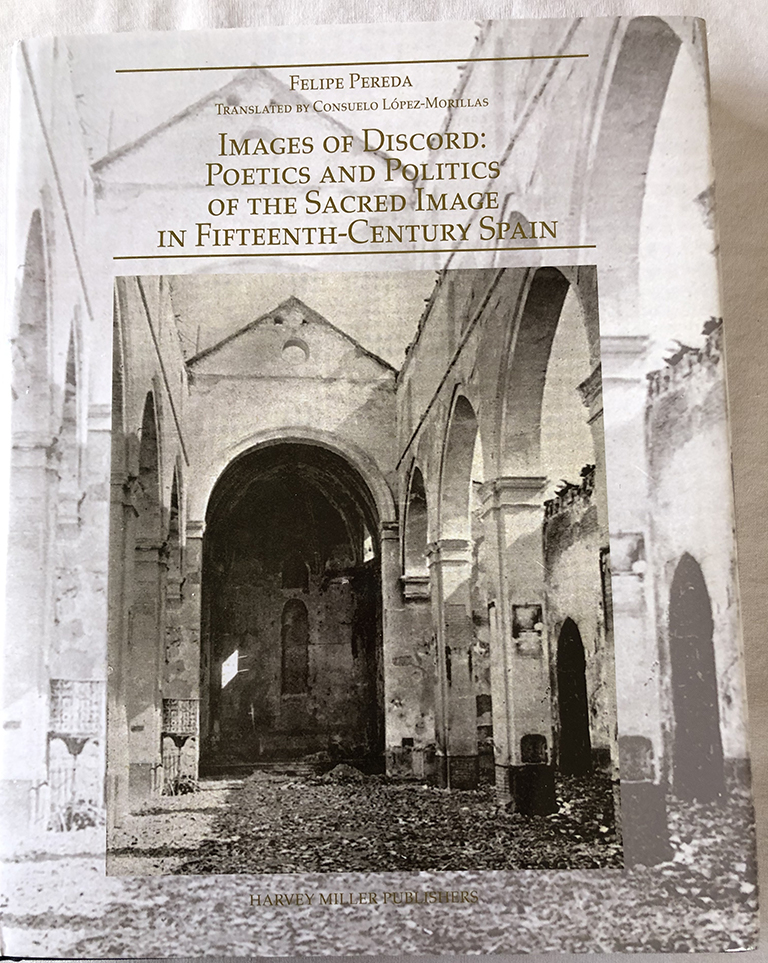
Consuelo López-Morillas published two translations: Crime and Illusion: The Art of Truth in the Spanish Golden Age (Turnhout: Harvey Miller-Brepols, 2018). A translation of Felipe Pereda, Crimen & Ilusión: El arte de la verdad en el Siglo de Oro (Madrid: Marcial Pons, 2018); and Images of Discord: Poetics and Politics of the Sacred Image in Fifteenth-Century Spain (Turnhout: Harvey Miller-Brepols, 2018). A translation of Felipe Pereda, Las imágenes de la discordia: Política y poética de la imagen sagrada en la España del 400 (Madrid: Marcial Pons, 2007).
Kathleen Myers was awarded a Visiting Scholar Grant from IU's Institute for Advanced Study to bring Pablo García Loareza (IU PhD and associate professor at University of West Virginia) to the Bloomington campus for collaboration and research. She was also selected for the 2018 OVPIA Exchange with the University of Seville, Spain, where she worked on her book project, A Country of Shepherds: Cultural Geographies and Pastoralism in Contemporary Spain, and collaborated with Dr. Yolena Mena, Professor of Tecnología de la Producción Animal at the University of Seville.
Luciana Namarato received the 2019 Trustees Teaching Award. She also gave the keynote address, "Camilo Castelo Branco e Machado de Assis: Singulares ocorrências? Ou um caso de cumplicidade literária?", at the 2018 Kentucky Foreign Language Conference in Lexington, KY. In addition, she earned a Faculty Travel Award from the Center for Latin American and Caribbean Studies, a Research Travel Grant from the Institute for European Studies, and a Primary Sources Immersion Grant from IU to support the course revision of "Brazil: the Cultural Context" (HISP-P412/512).
Sandra Ortiz received the 2019 Trustees Teaching Award for NTT faculty.
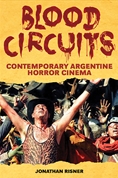
Jonathan Risner published Blood Circuits: Contemporary Argentine Horror Cinema (SUNY Press, 2019). He was granted tenure and promoted to the rank of associate professor.
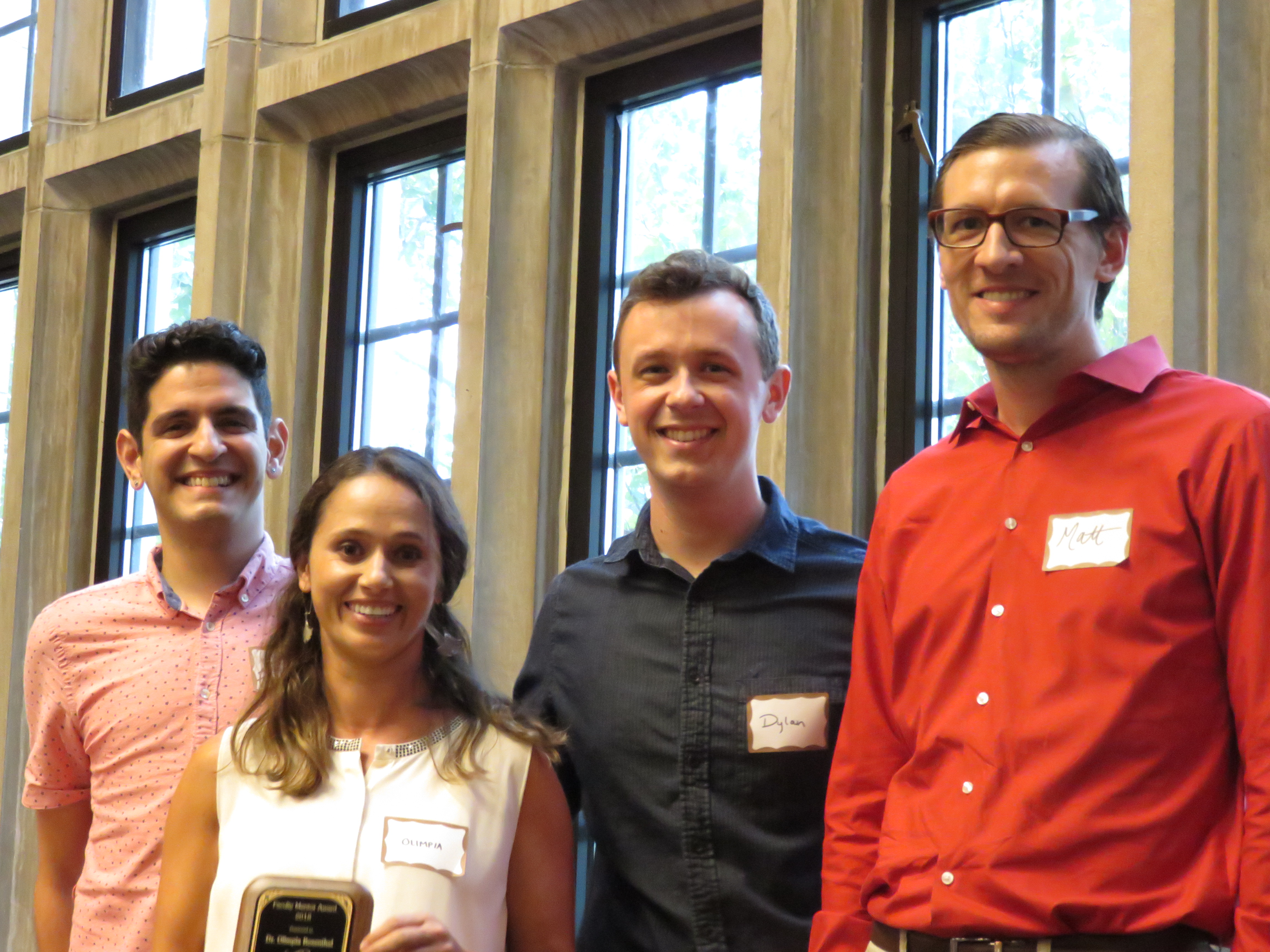
Olimpia Rosenthal with GSAC representatives
Olimpia Rosenthal received the Outstanding Faculty Mentor Award from the Graduate Student Advisory Council in Fall 2019. She gave the keynote address, "The Discovery of the New World in the Cartographic Imaginary of Early Modern Europe," for the "12th Annual Conference on Landscape, Space, and Place" at Indiana University in 2018.
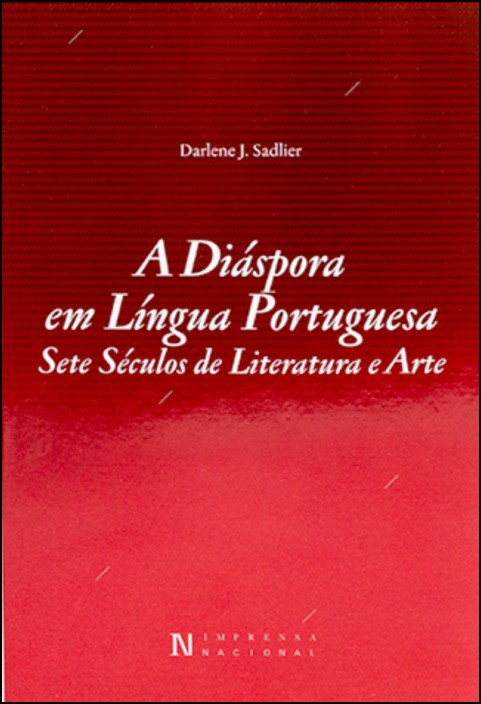
Darlene J. Sadlier was elected sócia-correspondente of the Academia Brasileira de Letras (ABL), in Brazil. She will occupy chair #10, previously held by Portuguese novelist Agustina Bessa-Luís. Other recently elected foreign members of ABL are Mario Vargas Llosa, Mia Couto, and Alain Touraine. Her book, A diáspora em língua portuguesa: Sete séculos de literatura e arte (Lisbon: Imprensa Nacional-Casa da Moeda, 2018), was translated into Portuguese and published by Frederico Pedereira in 2019.
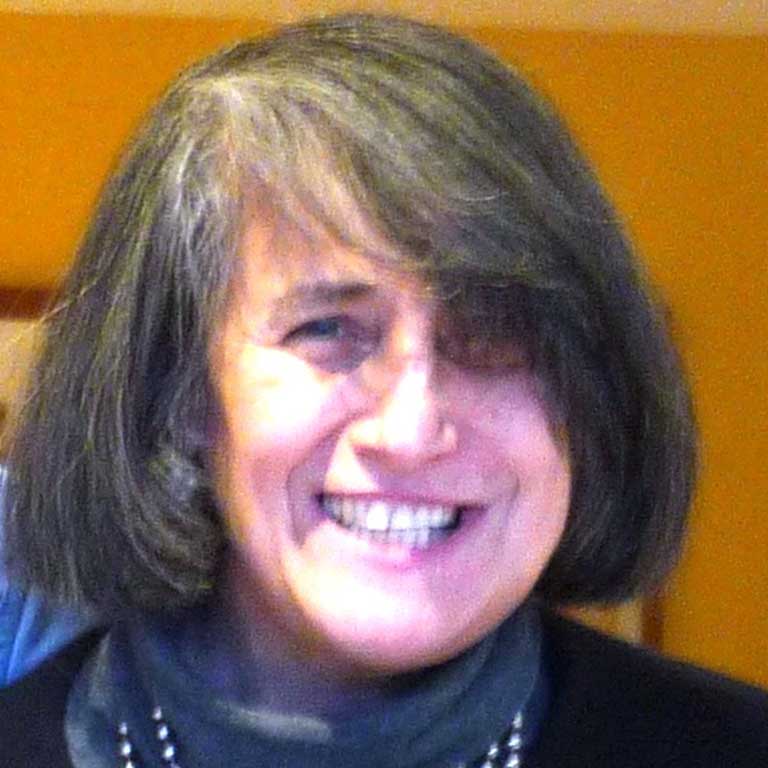
Reyes Vila-Belda
Reyes Vila-Belda was promoted to the rank of full professor.
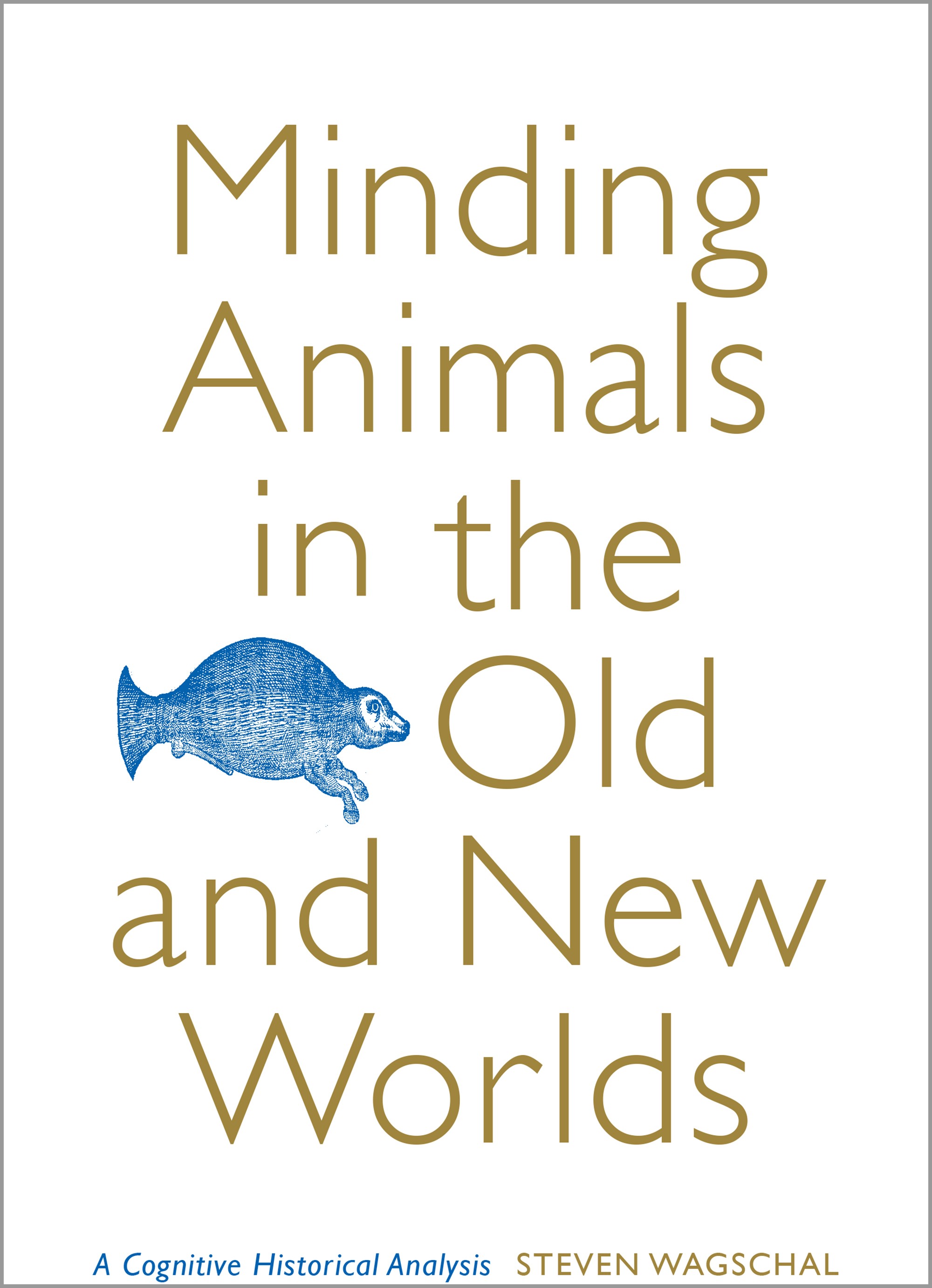
Steven Wagschal published the monograph Minding Animals in the Old and New Worlds: A Cognitive Historical Analysis (U of Toronto P, 2018). He delivered the faculty keynote address, "The Anteater, the Manatee and the Chihuahua: How New World Animal Encounters Challenged the European Mind," at the Phi Beta Kappa Spring Induction Ceremony on the Bloomington campus. He also co-chaired the College of Arts & Sciences Fall 2018 Themester on the topic of "Animal/Human," overseeing the development of 14 new course titles in social sciences, sciences and humanities; 60 individual public talks, exhibits, discussions, demonstrations, performances, and film screenings; 6 podcasts; and 15 local public radio and television theme-related programs.